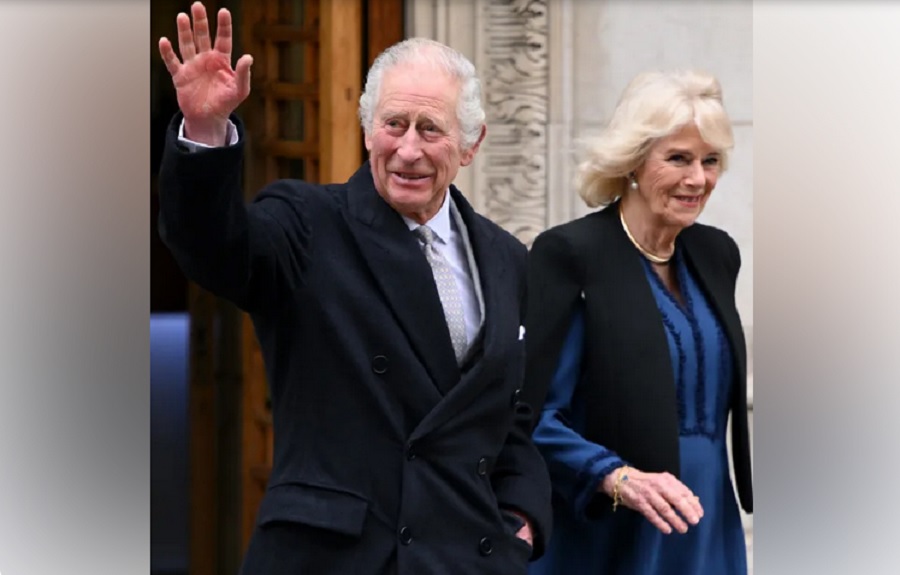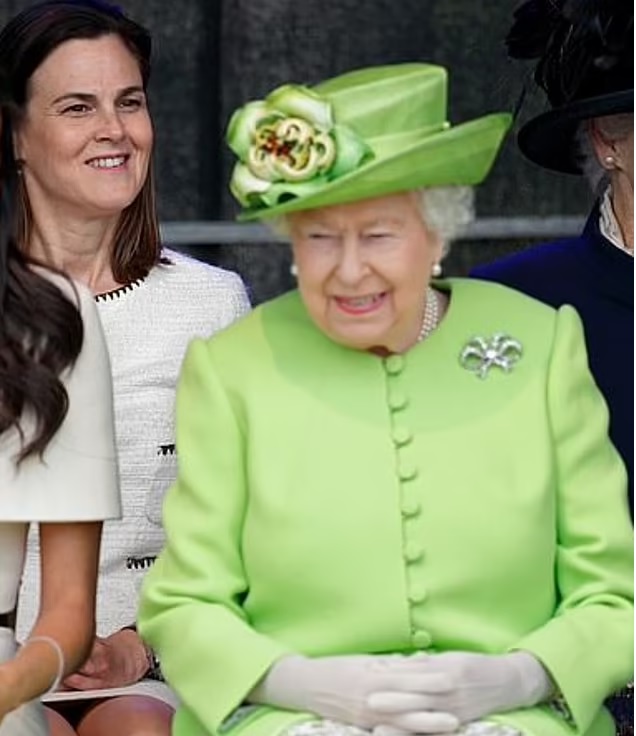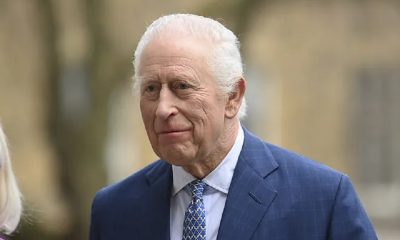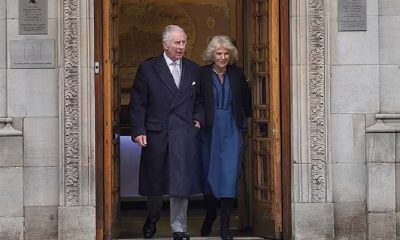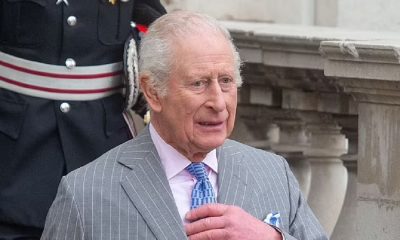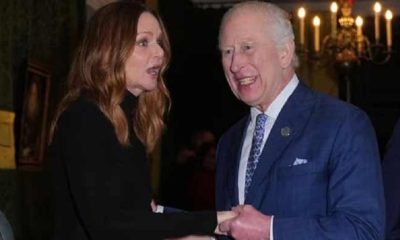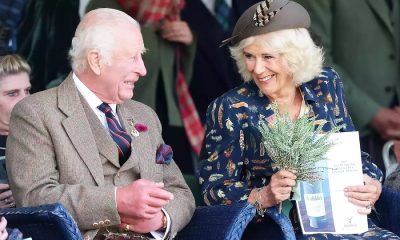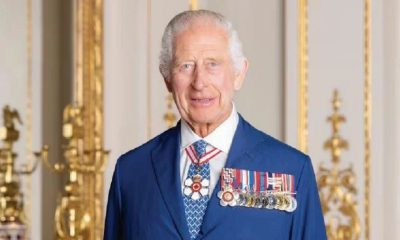ROYAL FAMILY
How King Charles and royals handles official gifts for past four years – despite promises of …see details

Royal family had pledged to declare all presents received in an annual list, after several controversies
King Charles and his family have failed to reveal their official gifts for the past four years, despite previously promising to publish an annual list. Palace officials have blamed the pandemic, the change of reign, and then planning for last year’s coronation for their inability to publish details of the gifts received by members of the royal family.
The royal family’s reticence follows controversy over a cash-for-honours scandal involving the king’s main charitable foundation, which led to a police investigation that was dropped last year without a full explanation from either Scotland Yard or the Crown Prosecution Service. It also comes after revelations that Charles, when he was Prince of Wales, accepted £2.6m in cash in bags from a Qatari politician for another of his charities, the Prince of Wales’s Charitable Fund.
The Duke of York also faced allegations that when he was a working royal he used official overseas trips to conduct private business deals. But unlike MPs, who have to register gifts, donations and hospitality, there is no public register of interests for members of the royal family. Instead, they act on the advice of their private secretaries in deciding what to declare.
Annual gift lists were introduced after media criticism of attempts by the royal household to conceal the origin of lavish jewellery given to Queen Camilla by a Saudi royal in 2006 and worn by her on an official visit to the US in 2007. The last annual list, detailing official gifts received by all working members of the royal family in 2019, was published in April 2020 but since then there has been nothing, apart from the occasional description of an exchange of presents during a state visit or pictures when they are given gifts during an engagement.
Over the years, the annual list has led to controversy, such as in 2012 when it emerged that the king of Bahrain and his country’s prime minister had given a “suite of jewels” to Prince Edward’s wife, Sophie, while facing criticism over human rights abuses. But many presents, including sensitive ones, were often concealed, even though official gifts are not the personal property of the royals and are in effect accepted on behalf of the nation.
Saudi Arabia’s controversial crown prince Mohammed bin Salman gave the Duchess of Sussex a £500,000 pair of diamond chandelier earrings as a wedding present in 2018. In October that year Meghan wore them at a state banquet in Fiji only a few days after the crown prince was accused of ordering the murder of the journalist Jamal Khashoggi. But when journalists asked where she got them, palace officials said they were “borrowed”. She wore them again that November at a Buckingham Palace dinner to celebrate the then Prince Charles’s 70th birthday. It was only in March 2021, shortly before the Duke and Duchess of Sussex gave a controversial television interview to Oprah Winfrey, that their true provenance was leaked.
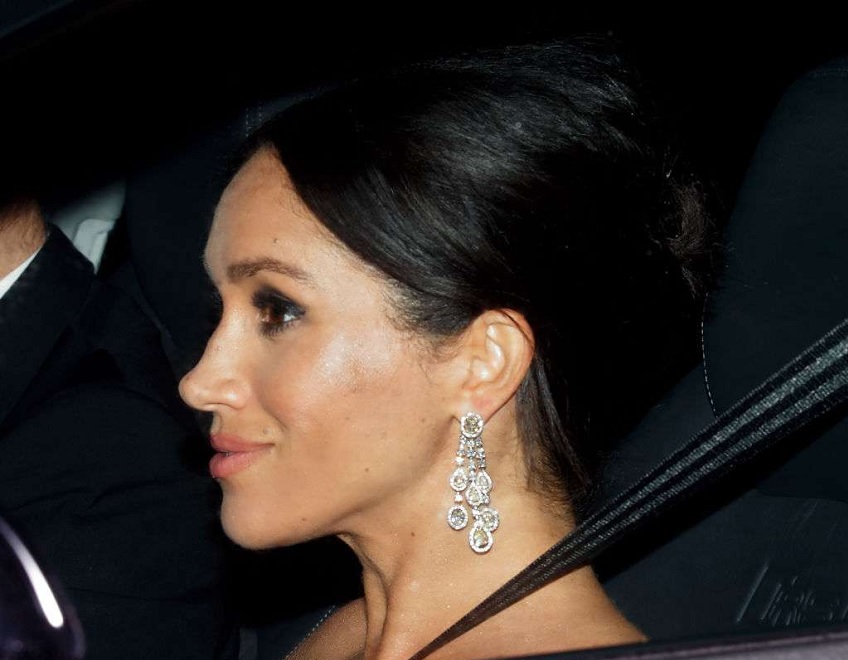 The Duchess of Sussex in 2018 wearing £500,000 diamond chandelier earrings, a wedding present, given by Saudi Arabia’s controversial crown prince Mohammed bin Salman.
The Duchess of Sussex in 2018 wearing £500,000 diamond chandelier earrings, a wedding present, given by Saudi Arabia’s controversial crown prince Mohammed bin Salman.
The Prince and Princess of Wales, William and Kate, chose not to release a list of any gifts they had received at their wedding in 2011. Only a handful of official gifts received by Queen Elizabeth for her platinum jubilee in 2022 were disclosed and it is not clear what, if any, were given to King Charles and Queen Camilla to mark their coronation. It was all very different back in 1947, when the then Princess Elizabeth married Philip Mountbatten. An exhaustive list of gifts to the couple was published and more than 2,500 items went on show to the public.
Charles ordered a formal review of the royal household’s policy on official gifts in 2003, after a scandal over staff selling unwanted presents. It resulted in clearer definitions as to what constitutes an official gift and a personal present. Official gifts are those received in connection with official duties or from businesses or individuals not personally known to the family member. They include gifts from dignitaries, such as other heads of state or elected representatives, during events and are not the family members’ private property.
Personal gifts are those from people they know privately with no connection to official duties. Graham Smith, chief executive of Republic, which campaigns for an elected head of state to replace the monarch, said: “It is vital that the public knows about any possible conflicts of interest or attempts to curry favour with royals, as they have direct access to the highest levels of government.”
He added: “Charles and senior royals have access to government papers, can have secretive meetings with ministers and the prime minister and they have leverage to pressure government to do favours for them and their friends. “The royals have form when it comes to blurring the lines between what’s theirs to keep and what’s an official gift. So full disclosure is needed on what’s been received and where those gifts are now. If we demand high standards from politicians, we must demand those same standards from the royals.” A spokesperson for Buckingham Palace said: “The royal gifts lists will be published in due course.”
